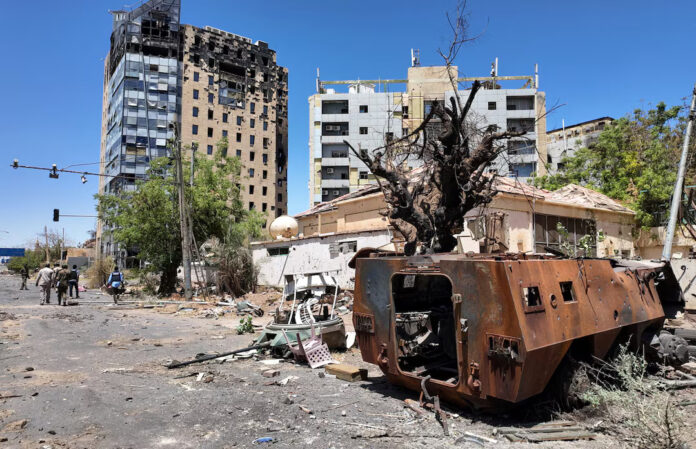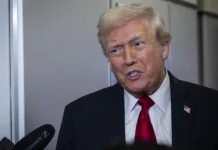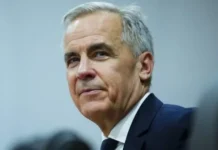
Sudan’s once-dominant Islamist movement is maneuvering for a political resurgence by aligning itself with the army amid the country’s devastating civil war, according to senior members and internal documents reviewed by Reuters.
Ahmed Haroun, chairman of the former ruling National Congress Party (NCP) and one of four Sudanese officials wanted by the International Criminal Court, revealed in a rare interview from hiding that the Islamists envision a post-war power structure where the army retains sovereign control while elections usher in civilian governance.
“We have taken a strategic decision to not return to power other than by the ballot box after the war,” Haroun said, adding that a “Western model” of democracy was unfit for Sudan’s fragile context. He suggested a hybrid model that legitimizes military dominance until national threats are resolved.
The war, which erupted in April 2023 between the Sudanese Armed Forces (SAF) and the paramilitary Rapid Support Forces (RSF), has killed thousands, displaced millions, and triggered what the UN calls the world’s worst humanitarian crisis. As the army regains territory, Islamist factions tied to the NCP are re-emerging, offering fighters, logistical support, and bureaucratic reinforcements.
An internal NCP document shared with Reuters credits Islamist operatives with mobilizing up to 3,000 fighters and training over 70,000 civilians for army operations. Though both army leaders and Haroun downplayed the extent of collaboration, Islamist-trained brigades like the al-Baraa Ibn Malik group have played key roles in recent battles in Khartoum, wielding drones, artillery, and other military assets.
Despite SAF commander General Abdel Fattah al-Burhan’s public stance against reinstating the outlawed NCP, several Islamists and their allies have recently assumed government roles, including in the cabinet of newly appointed Prime Minister Kamil Idris.
Observers warn that the Islamist resurgence may reverse Sudan’s 2019 pro-democracy gains and deepen rifts with regional players like the UAE, which strongly opposes political Islam. The army has already severed diplomatic ties with Abu Dhabi, accusing it of backing the RSF, a claim the UAE denies.
Meanwhile, Islamist networks have reportedly tapped long-standing ties with Iran, Turkey, and Qatar to bolster army supplies, though Haroun declined to confirm such claims.
As Sudan’s conflict drags on with no clear resolution in sight, the revival of Islamist factions is reshaping the political battlefield and threatening to cement a new military-Islamist axis at the heart of power.
Written By Rodney Mbua


















